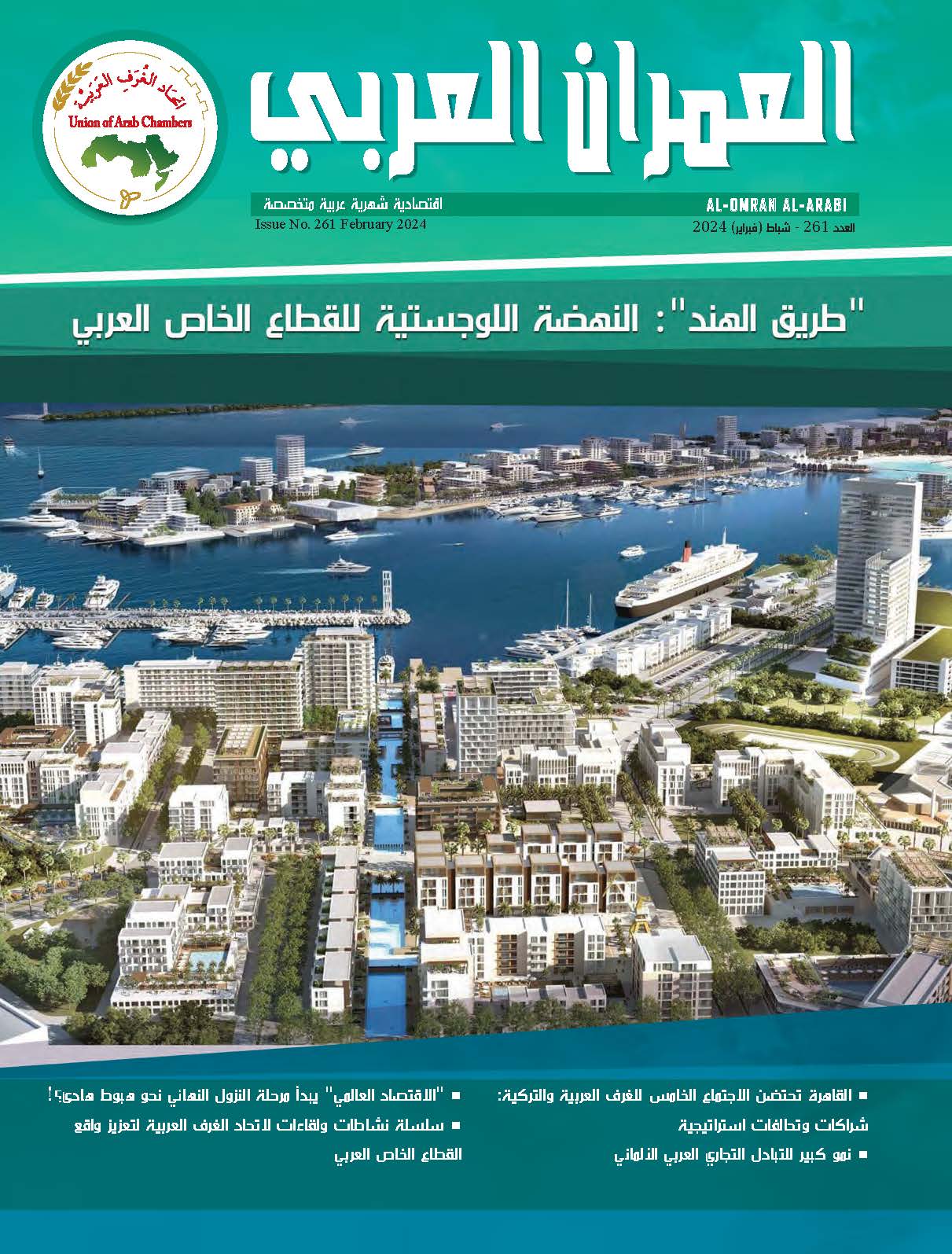
The World is Once Again Faced With Fears
of Rising Inflation and Food Prices?!
Things are developing in terms of targeting ships in the Red Sea in an unprecedented way, and many negative repercussions have appeared on the economy, whether regional or global, but there are other unseen repercussions.
Over the past two years, central banks have tightened their measures to combat inflation, raising interest rates to historic levels, and recently these measures have begun to bear fruit. Last January, the annual increase in inflation in America was the lowest in almost three years, and in Europe, inflation fell in February to 2.6 percent. All of this is now in the crosshairs of the Red Sea attacks.
The attacks prompted ships to change course from the Red Sea towards the Cape of Good Hope, preferring more days of voyage and higher cost, rather than risk passing through the Red Sea. This certainly affects global supply chains, the cost and prices of final products, and thus raises commodity prices, leading to increased inflation. This was confirmed by Oleg Kobyakov, an official at the Food and Agriculture Organization of the United Nations, that the attacks on the waterways through the Bab al-Mandab Strait and the Red Sea negatively affect global food trade, which will lead to higher prices.
These attacks also have negative repercussions on global oil and gas prices, as the Red Sea is a major route for oil and gas tankers from the Middle East to Europe. The disruptions could lead to short-term spikes in oil prices due to concerns about supply disruptions.
The repercussions of the disturbances in the Red Sea are clear to the eyes and do not require evidence, as they disrupt one of the most important roads and sea lanes in the world, as about 12 percent of global trade passes through its waters annually, and it also connects Europe to the Middle East and Asia.
These attacks certainly disrupt shipping routes and impede the flow of goods, leading to delivery delays and increased shipping costs. This can affect various industries that rely on just-in-time transportation, such as manufacturing and retail. Insurance costs also increase, and this negatively affects the total cost of goods transported.
All of these disruptions may drive economic uncertainty, affecting investment decisions and trade relations between countries. Countries may need to increase naval presence and security measures in the region, increasing the overall cost of trade. This is in addition to threatening regional stability, which could affect geopolitical dynamics and broader trade relations between countries.
In conclusion, global trade is under a direct threat in terms of its business volume, performance, and growth opportunities during the year 2024, after the increase in attacks on cargo ships in the Red Sea, which forced about 18 shipping companies to modify their route, which increases the cost of each trip by about one million dollars. .
The costs added to each trip will necessarily be borne by the final consumer, in the form of an increase in the prices of food, goods, and services, which may re-emerge the specter of inflation, threatening most countries of the world, or it will barely maintain its high levels without a significant decline during 2024, if conditions continue as they are, without taking measures to deter these attacks.
Amid expectations that the volume of global trade in 2023 will reach about $30.7 trillion, a contraction of 5 percent from 2022, the expectations of UNCTAD, a United Nations trade body, for the year 2024 appear extremely pessimistic. Note that “UNCTAD” did not base its pessimistic opinion on the “Red Sea attacks,” because it issued these forecasts before this crisis, and attributed the reason for the contraction in global trade to the weak performance of developing countries’ exports. Global trade witnessed a decline throughout 2023, primarily affected by declining demand in developed countries, weak performance in East Asian economies, and falling commodity prices.
In light of this reality, to overcome all these difficulties, trade partners and markets must be diversified, and international cooperation must be undertaken, especially with relevant organizations, to ensure the security of navigation in the Red Sea, in addition to stopping the war that has exhausted the economies of neighboring countries.
